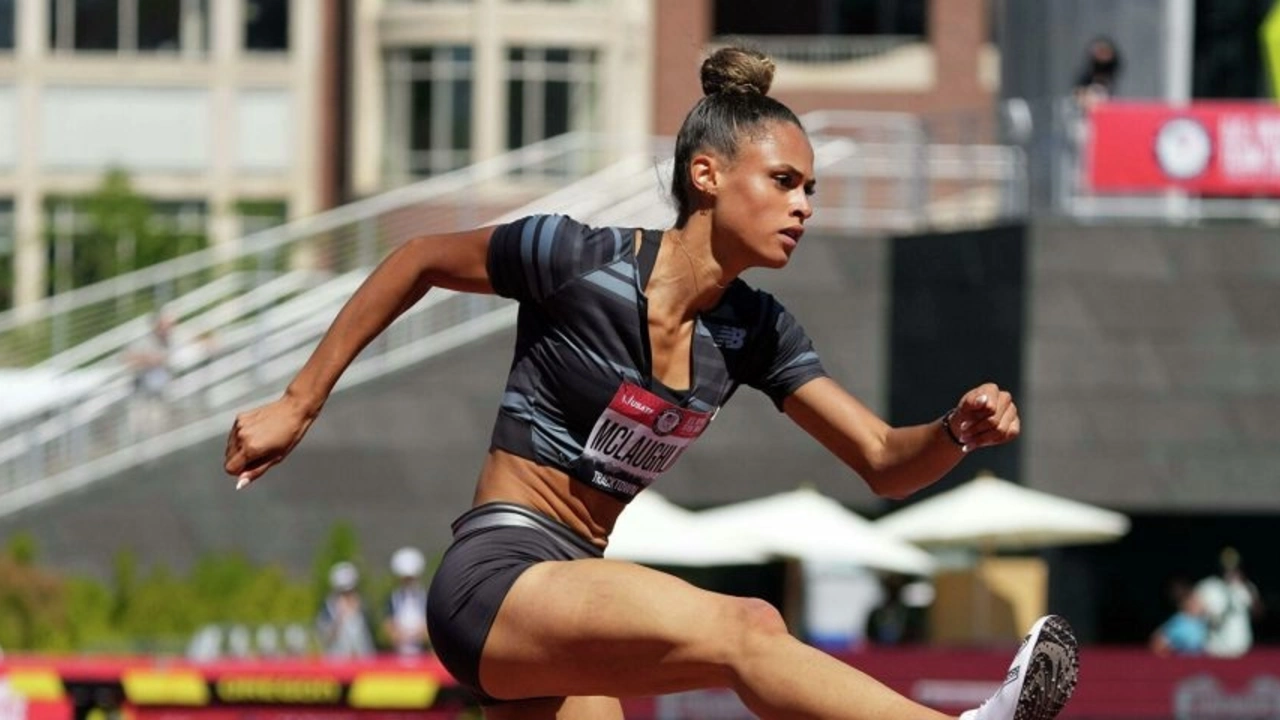Coach: Strategies, Leadership & Training Insights
When you think about a coach, a person who guides athletes or teams to improve performance and reach goals, the image usually jumps to a whistle, a game plan, and a locker‑room talk. In everyday sport, a coach is the bridge between raw talent and consistent results. Whether you’re watching a Premier League showdown, a rugby World Cup semi‑final, or a high‑school basketball practice, the same core principles apply. This page breaks those principles down and shows how they link together, so you can see why a good coach matters in every level of competition.
Key aspects of coaching
One of the first concepts that comes up is tactics, the specific plans and in‑game adjustments a coach uses to exploit opponents' weaknesses. Tactics encompass formation choices, set‑piece routines, and pressure patterns. A coach who masters tactics can turn a modest squad into a surprise contender. Next up is leadership, the ability to inspire, motivate and manage players as a cohesive unit. Leadership shapes the team’s culture, sets expectations, and keeps morale high when the scoreline gets tight. Finally, training, the structured sessions that develop skills, fitness and tactical awareness turns ideas into muscle memory. These three pillars—tactics, leadership and training—are interdependent; strong training builds the base for tactical execution, while leadership ensures players trust the plan and stay disciplined.
Think of it as a semantic chain: a coach encompasses tactics, tactics require disciplined training, and leadership influences how well a team follows both. When a coach designs a high‑press system, they must first drill the timing in training, then use leadership to keep players aggressive throughout the match. Without any one of those links, the system collapses. This is why successful coaches often have a background in sports science (to shape training), a track record of winning matches (showing tactical savvy), and a reputation for player development (evidence of leadership). The relationship between these entities is evident across the articles below, whether it’s a Premier League match analysis or a discussion on rugby viewership trends.
Another frequent topic you’ll see is the role of data and technology in modern coaching. Video analysis, GPS tracking and statistical dashboards feed directly into tactical planning and training adjustments. A coach who embraces these tools can fine‑tune player workloads, spot opposition patterns earlier, and make smarter in‑game substitutions. This tech‑driven approach doesn’t replace the human side—leadership still decides how feedback is delivered—but it amplifies the coach’s ability to make evidence‑based decisions.
Different sports stress different facets, yet the core idea stays the same. In football, a coach might prioritize formation flexibility and set‑piece rehearsals. In rugby, the focus could shift to breakdown efficiency and defensive line speed. In basketball, spacing and pick‑and‑roll timing dominate. Regardless of the code, the trio of tactics, leadership and training remains the backbone of any coaching philosophy.
Now, let’s connect these ideas to real examples. The Chelsea win over Liverpool highlighted how an early goal can force a tactical reshuffle, and the manager’s halftime talk demonstrated leadership under pressure. The record‑breaking women's rugby semi‑final showed how national coaches used data‑driven promotion to boost viewership, proving that coaching influence stretches beyond the field. Even debates about NBA player positions or NFL dynasty potential circle back to how coaches shape talent, devise schemes, and build winning cultures.
Below you’ll find a curated collection of articles that dive deeper into each of these themes. From match‑day tactical breakdowns to leadership lessons and training methodologies, the posts offer practical insights you can apply whether you coach a youth team, follow professional leagues, or simply want to understand what makes a great coach tick. Keep reading to see how the concepts we’ve outlined play out in actual sport scenarios.
What coach has the most championships in any sport?
Alright sports enthusiasts, prepare to be dazzled by this mind-boggling trivia! Can you guess who holds the title for the most championships won in any sport? It's none other than the legendary Phil Jackson! Yes, you heard it right, folks! This basketball guru, with a whopping 11 NBA championships under his belt, is sitting pretty at the top of the leaderboard. If that doesn't get your sports trivia heart thumping, I don't know what will! So next time you're in a sports debate, drop this fact bomb and watch jaws hit the floor. Stay tuned for more fun facts, folks!
